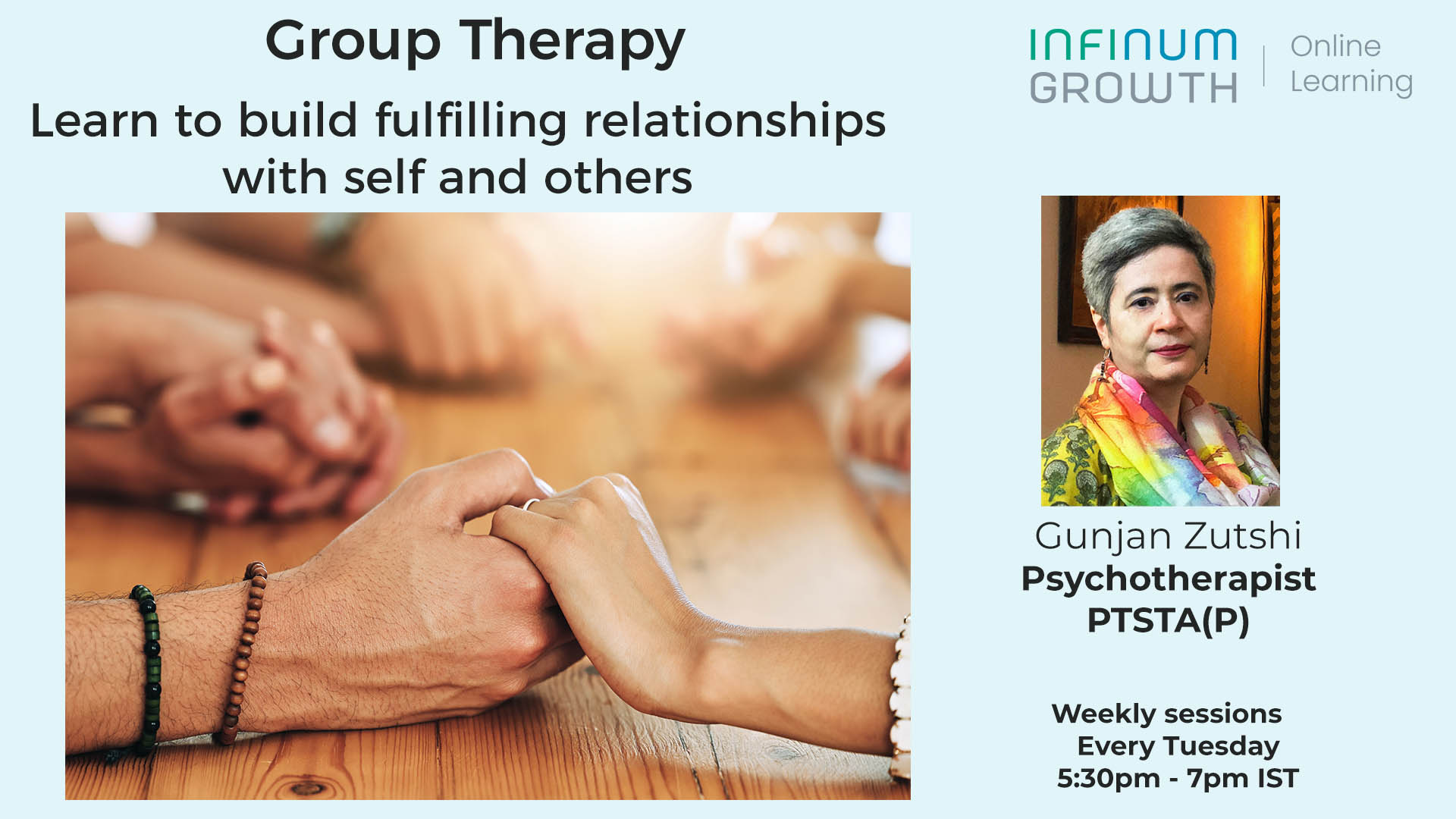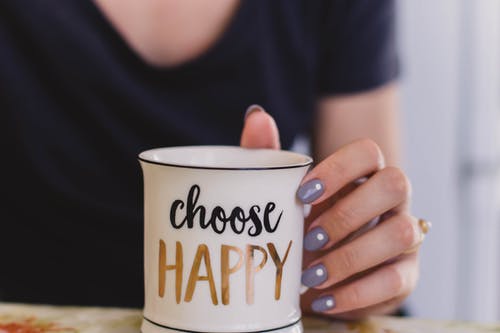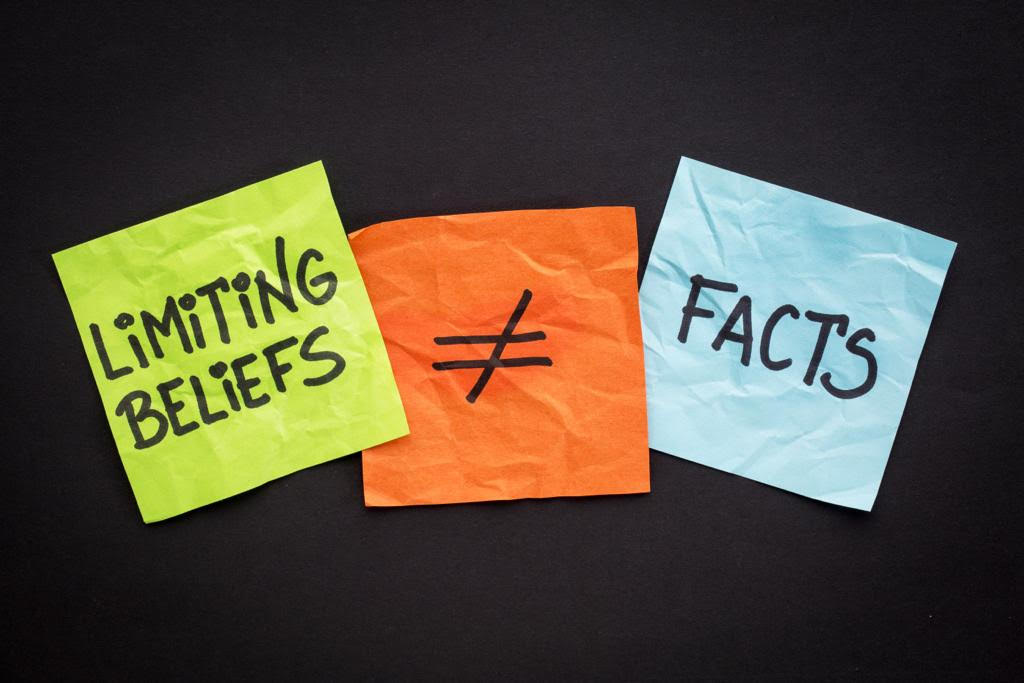“You can muffle the drum, and you can loosen the strings of the lyre, but who shall command the skylark not to sing?” Khalil Gibran
“ I just cannot control my child anymore. Earlier he would do as I said but now, at four, he has a view about everything – food, clothes, sleep time, handwriting, games…… We were so obedient as children. I dread to think of what will happen when he is older.”
Rewind – Do we actually remember how we behaved as infants? How did we feel being constantly controlled?
“Today I feel angry with myself for being so weak. I understand now that he was trying to control me with emotional manipulation. Knowing that I craved his company he would deliberately not take my calls, making me desperate. Meeting him would be at a time suitable only to him.
Yet when I was working he would call me to prove his power over me since I would take the call. When he wanted something he would be sugar sweet, another method of mind control.”
She broke free of his mind tentacles when her free spirit finally revolted and reclaimed space and personal freedom.
“My happiest memory is not the birth of my child but the feel of my own house keys in my palm to enter and exit as I wanted. I was suffocated giving explanations to my in-laws about where and why I was going out, what time I would return and be made to feel guilty if I ate elsewhere.”
The desire to control, often in the garb of concern, alienates and chokes the person.
The key theme in the anecdotes above is the clash between the need for freedom and the desire to control.
The need for Personal Freedom
‘Control’ is a word loosely used. And we often take it as an entitlement to exercise power over those we are close to, including our very environment. It is almost an unconscious act. If we are exerting it, so is the other person, and it can turn into a manipulative power struggle.
The truth, as we all know, is that any relationship brings with it constraints and commitments – in varying degrees. And the sooner we accept this, the better for us. It goes both ways; And how each person defines personal freedom varies.
Right from birth we are conditioned to some constraints on our freedom. Feeding timings , Nursery schedules, rules of behaviour and it continues. We are trained to exercise restraint and be aware of responsibility even when we are free. If we go off the track and are caught there are consequences.
So when do we miss being free? The obvious answer is when something we are accustomed to is denied to us or when we are pressurised into behaving in a manner not natural to us.
Certain relationships by their very nature are hierarchical and some are partnerships between equals. Both have expectations which make dents in our freedom.
Willing compromise is smooth.Compromising a little grudgingly, but deciding it is prudent, by looking at the greater picture, is acceptable.
But modifying or crushing the yearning for personal freedom without being able to object becomes unliveable. Autonomy and choice are natural needs. Once a person is old enough to think and reason, there is a desire to be involved in decisions regarding himself or herself.
We also need physical space and mind space, where certain thoughts, experiences, feelings, memories are just our own.
Freedom we seek in relationships
I spoke to people of various ages asking them what “freedom” meant to them in this context. These are some of the responses I got –
Not feeling trapped; somebody not trying to change me all the time; being accepted as I am.
Not being answerable for whatever I do; freedom to simply be.
Overpowering and obsessive love can be suffocating.
Being financially free so that I am not dependent.
Being able to speak my mind; not having to regularly listen to the words ‘I’m allowing you’
Not be compelled to follow superstitions and rituals that I don’t believe in; freedom to say ‘no’; freedom to be HAPPY………..
So there are so many different ways of looking at personal freedom.
The next question is –
How do we carve out our personal space and gain our personal freedom?
1.Start with ourselves in the intra-personal space
Strange as it may sound, even our own mind can rob us of our freedom – rigidity, obsessiveness, low self esteem, lack of self worth and negativity in our own thoughts and attitude can chain us;and this may get reflected in how we interact with others.
A new bride was having a trying time adjusting to the superstitions followed by her in-laws . Those imposing these rules on her were equally trapped in their own minds, complicating their own lives at every step – and did not perceive it as anything unusual, causing chaos in someone else’s life.
One can argue that they had the freedom to believe in the superstitions, but the problem arose when they imposed it on someone else.
So the start is to free ourselves – from our own prejudices, insecurities, inflexibilities, unreasonable expectations, feelings of entitlement and the like. And the first step towards this would be to become conscious of these hurdles inside us, causing problems in interactions. We can seek help to identify them if we cannot recognize them on our own.
2. Being sensitive to others while seeking our own freedom
Asking for personal freedom requires providing the other person freedom and space – be it a child, friend, partner, colleague, employee or parent. Even while making personal decisions we need to keep in mind how it will impact the other person.
Freedom involves taking responsibility and that can be liberating too if it is aligned with our values.
A father took a conscious decision to reject a lucrative job offer because it would impact the future of his children. It was a choice he made while exercising his freedom, keeping in mind his responsibility as the father.
Asking ourselves how we would feel if we had someone breathing down our back is a useful barometer to check in with how we are conducting ourselves. Being aware of another person’s needs helps us become more compassionate and adds more meaning to life.
“To be free means that one has the burden of making choices and decisions. And in making those decisions and choices, we are responsible for both our own and others’ freedom.” Ron Breazeale Ph.D, in Psychology Today, January 13, 2021.
3. Working out with others for mutual benefit
Helping each other grow, growing together and giving each other comfort would be a few of the ideal tenets of a nurturing relationship that allows space and personal freedom. Use dialogue and negotiation to handle issues to reach a workable solution.
If there is a continuous attempt to control, therapists suggest trying to become an observer and not personalizing the matter. “It is their problem, not mine.” This gives some relief and space to respond based on one’s own beliefs and needs.
There is no ownership in any relationship – even with our own progeny. However, if there is complete dependence of one person on the other, be it financial, emotional or physical, the logistics may get altered. There is no obvious ownership but there is often a tilt in the balance of freedom, towards the provider.
4. Not expecting others to change
People adapt to each other with time but if the intention is to change the other person there will be repercussions. Constantly trying to please the other person and pretending to be what he or she is not is not sustainable.
“My wife was aware of my lifestyle before marriage but a couple of years later she wanted me to change it to something entirely different. I told her that she knew me earlier too and her answer was that she was sure she would be able to change me.”
Value the relationship and not take it as a right. A good nurturing relationship with a partner, friend or child allows freedom – the freedom of security, support, comfort, love and companionship and the freedom to be weak and vulnerable too. It is precious.
“Relational freedom”, paradoxically, involves sacrificing some freedom to experience it. ………….Yet, what we lose in some freedoms is easily made up for with the addition of other freedoms.” Jim Taylor Ph.D in Psychology Today, August 23, 2021.
And to end with the words of Khalil Gibran :
“…for you can only be free when even the desire of seeking freedom becomes a harness to you; And when you cease to speak of freedom as a goal and a fulfilment.”
Please do leave your comments at the bottom and do share with others if you like this article.


















